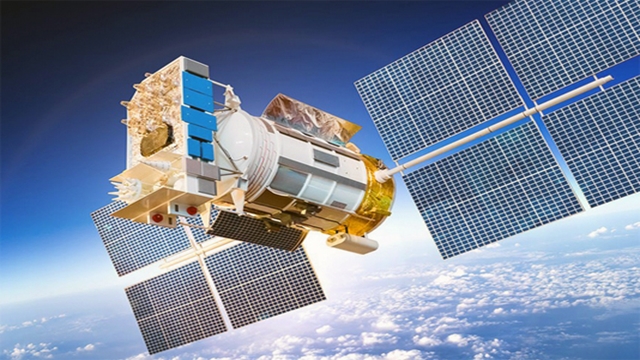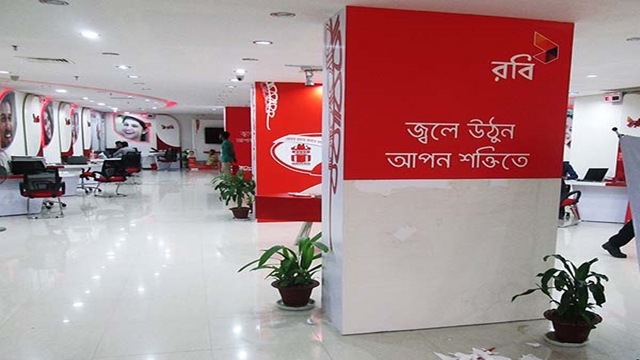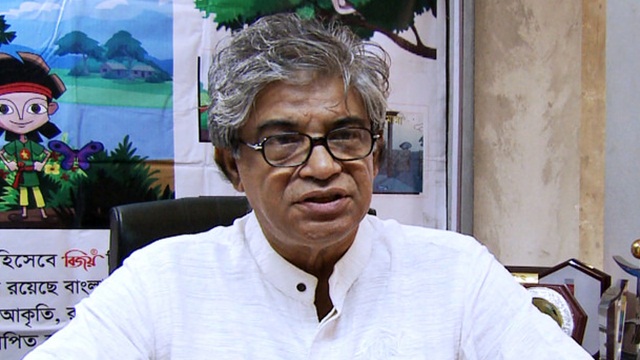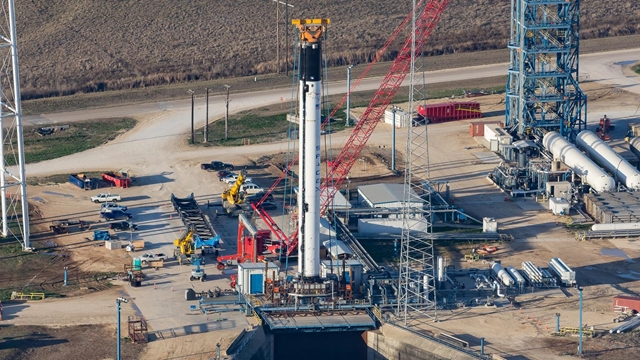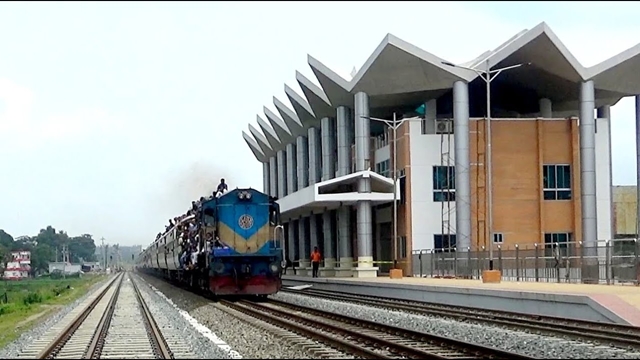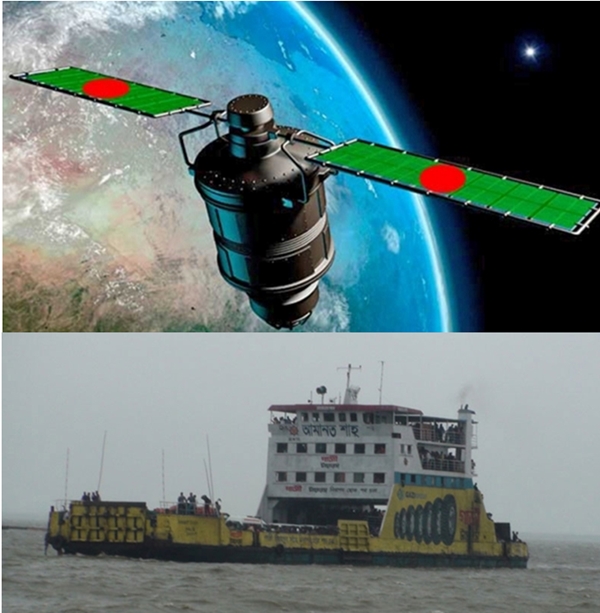Titli Khan
Published:2018-09-19 17:57:36 BdST
Bangabandhu Satellite to be handed over this month
Bangladesh’s first geostationary communication satellite Bangabandhu-I would be handed over by the French manufacturing company Thales Alenia Space to Bangladesh Communication Satellite Company Limited (BCSCL) this month.
Before the handover, Thales would run final technical test in next solar eclipse which is scheduled on September 21, said officials.
Talking to BSS today, BCSCL Chairman Dr Shahjahan Mahmood said they are hopeful of getting the final operational authority of Bangabandhu Satellite-I this month.
“Thales is going to run final technical test before the handover to know Bangabandhu-I’s ability of performance without sunlight in daytime during the solar eclipse,” he added.
After that test, Thales will hand over the Bangabandhu-I to the project officials of the Bangladesh Telecommunication Regulatory Commission (BTRC) and the project office, which will give it to the authority of BCSCL.
Meanwhile the trial broadcast of Bangabandhu-I has been successfully done through the on air of South Asian Football Federation (SAFF) Championship 2018, said Dr Mahmood.
Thales launched the Bangabandhu-I in May 12 from Florida of America at a cost of Taka 2,765 crore, and according to the plan, it will reach break-even within seven years of starting its commercial service.
The satellite is now being run by local engineers with the assistance of Thales’s experts.
On the other hand, BCSCL has international consultancy firm Thaicom for two years to run marketing and sale of the connectivity of Bangabandhu-I in six countries, including four neighbours. The Thai firm is currently active in around 20 countries.
Mentioning that BCSCL mobilised a good and efficient marketing team, Dr Mahmood said, “our agency will mainly concentrate on the international business rather engaging in local market”.
Located at the 119.1 east geostationary slot, Bangabandhu-I would cover the SAARC countries and Indonesia, the Philippines, Myanmar, Tajikistan, Kyrgyzstan, Uzbekistan, Turkestan and a part of Kazakhstan.
The coverage is the strongest in Indonesia, the Philippines, India, Sri Lanka, Nepal and Bhutan, for which these six countries have initially been chosen for business.
The satellite’s operations include “direct-to-home” service for TV channels, VSAT (very small aperture terminal), backhaul and network restoration, disaster preparedness and relief.
Unauthorized use or reproduction of The Finance Today content for commercial purposes is strictly prohibited.


